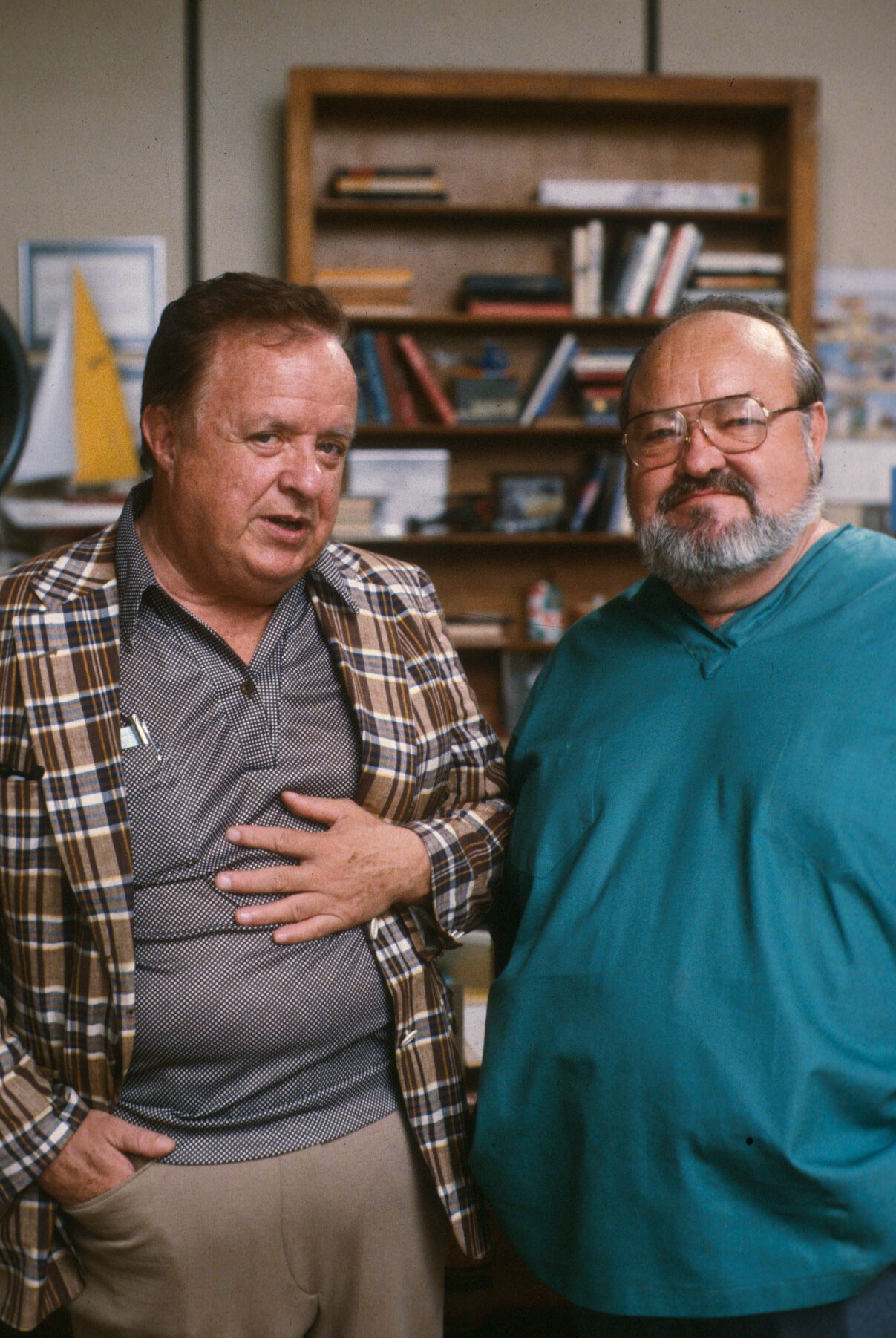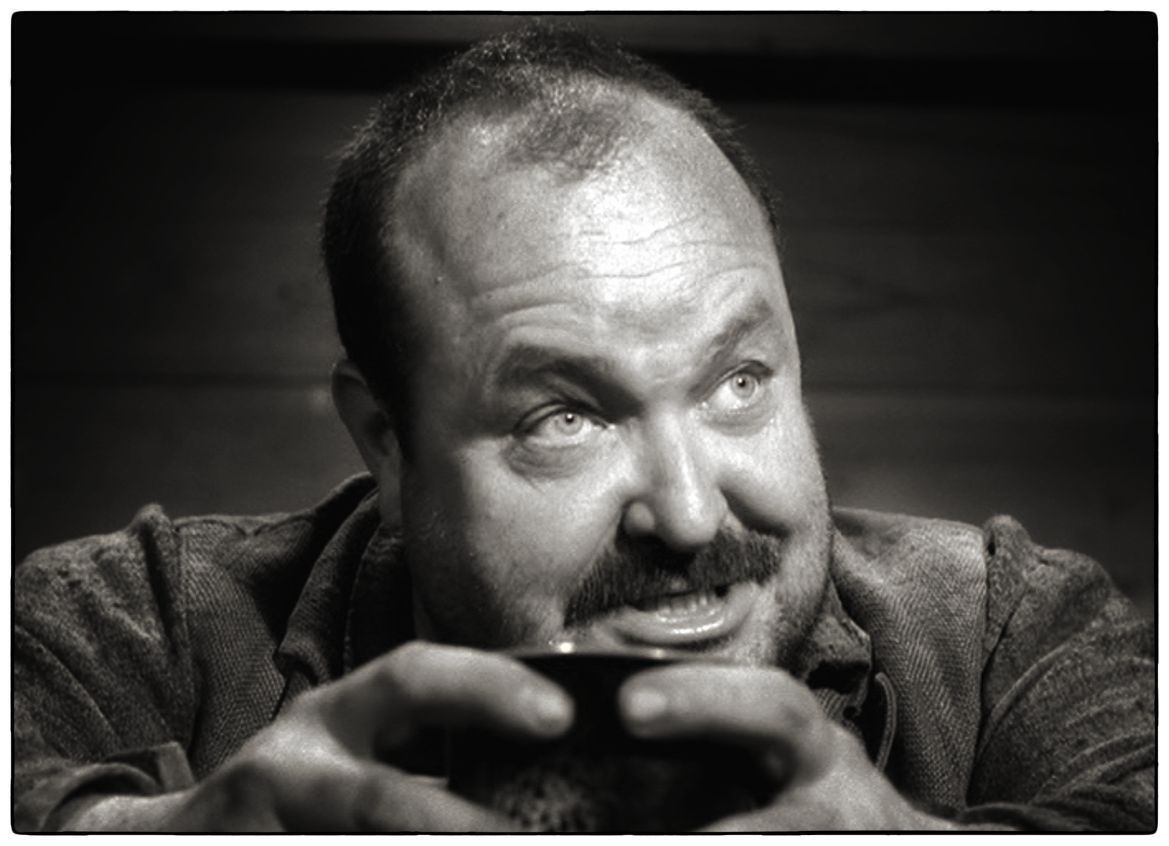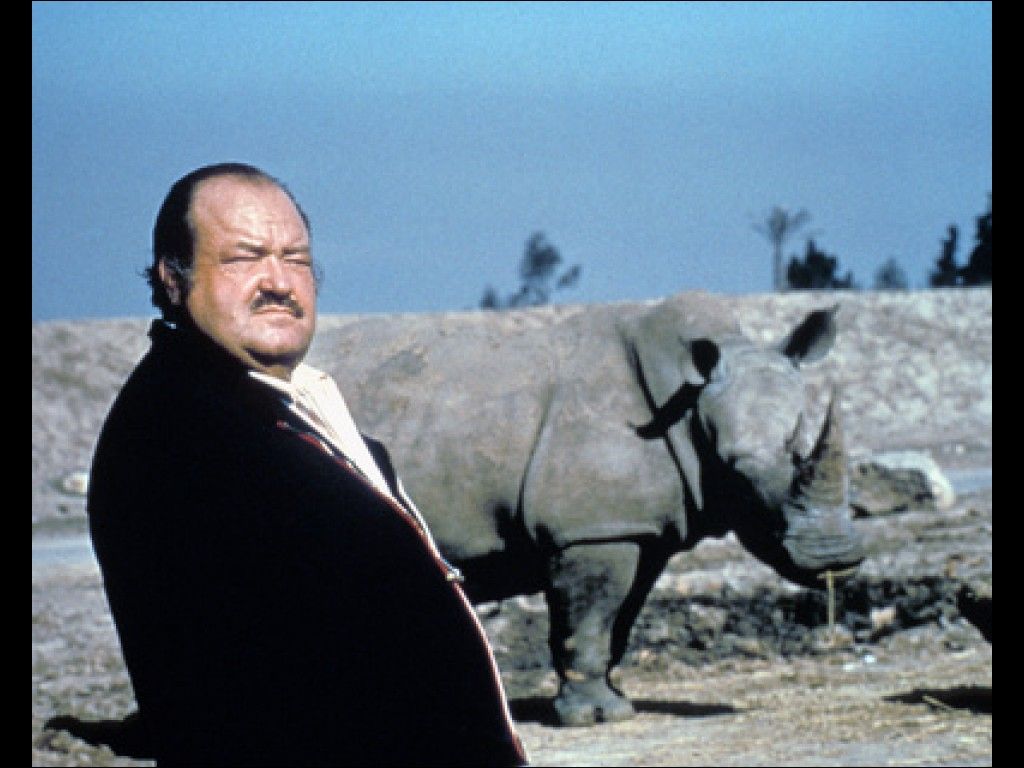It's a curious thing, that, how certain names echo through time, carrying with them a sense of duty and history. We often hear about those who carry immense responsibility, and perhaps few roles come with as much weight as being next in line for a throne. This position, you know, it means a life shaped by public expectation from the very beginning, a path laid out long before personal choices come into play. It's a life dedicated, in a way, to a nation and its people, with every step watched and every decision pondered by many.
The individual we're reflecting on today, a figure of significant public interest, was born into this very unique existence. His early life, so to speak, was already set on a course that few could ever truly grasp. From his birth, he was destined for a role that would see him become a central part of a long-standing institution. This kind of upbringing, you see, it really shapes a person in ways that are hard for most of us to even picture.
His story, therefore, is not just one of personal experience, but one deeply tied to the narrative of a nation. It's about growing up under the brightest of spotlights, with a heritage stretching back centuries. His journey, more or less, has been a series of preparations, public appearances, and quiet moments of learning, all leading to a singular, very important future. This is the tale of a man born to lead, and the path he walks.
- Natural Way To Dye Hair Black
- Kate Robinson
- Miley Cyrus Net Worth 2024
- Landlord Letter To Tenant Not Renewing Lease
- Lil Uzi Vert Net Worth
Table of Contents
- A Life in the Public Eye - Prince William's Story
- Personal Details and Bio Data
- What Does Being an Heir Apparent Truly Mean?
- How Has His Family Shaped His Path?
- The Royal Foundation's Efforts - A Look Beyond What "William Conrad Died" Might Suggest for Others
- What Changes Might His Reign Bring?
- How Does Public Life Impact Personal Moments?
- Looking Ahead - The Future of the Monarchy
A Life in the Public Eye - Prince William's Story
William Arthur Philip Louis, known to many as Prince William, the Prince of Wales, came into the world on June 21, 1982, in Paddington, London, England. His arrival, naturally, was a moment of considerable public attention, given his position as the elder son of King Charles III and the late Diana, Princess of Wales. From that very first day, his life was marked by a clear and unavoidable destiny: he was, and remains, the heir apparent to the British throne. It's a role that, you know, really defines everything about his public persona.
His early years were spent, more or less, under the intense gaze of the world's media. He grew up learning the ways of royal life, understanding the traditions and expectations that come with such a significant position. This upbringing, it's fair to say, was unlike that of most children. He attended various schools, including Eton College, and later went on to university, pursuing higher education like many young people, but always with the backdrop of his future responsibilities. He even, in a way, pursued military service, adding another layer to his preparation for leadership.
As he matured, Prince William took on more and more royal duties, slowly stepping into the public role that awaited him. His marriage to Catherine, now the Princess of Wales, was a moment of global celebration, bringing new life and energy to the royal family. Together, they have welcomed three children, Prince George, Princess Charlotte, and Prince Louis, who are also, of course, part of the line of succession. Their family life, in some respects, has been a blend of traditional duties and modern parenting, often shared with the public.
- What To Write In Goddaughters Christening Card
- Goodbye Dinner Invitation
- Who Made The First Duck Call
- Joey And Kariselle Now
- Merry Xmas Text
Beyond his formal duties, Prince William has also dedicated himself to various causes. He co-founded United for Wildlife with the Royal Foundation in 2014, for example, working to bring together different sectors to combat illegal wildlife trade. This shows, in a way, a very personal commitment to issues that matter to him. His life, basically, has been a steady progression of learning, serving, and preparing for the ultimate responsibility that awaits him as the future king.
Personal Details and Bio Data
| Full Name | William Arthur Philip Louis |
| Born | June 21, 1982 |
| Birthplace | Paddington, London, England |
| Parents | King Charles III and Diana, Princess of Wales |
| Spouse | Catherine, Princess of Wales (formerly Kate Middleton) |
| Children | Prince George, Princess Charlotte, Prince Louis |
| Current Title | Prince of Wales |
| Position | Heir Apparent to the British Throne |
What Does Being an Heir Apparent Truly Mean?
Being an heir apparent, particularly to a throne like the British one, carries a very specific kind of weight. It means, first and foremost, that your destiny is more or less set from birth. There is no question of who will inherit the crown; it's a direct line, passed down through generations. This is different, you know, from being an heir presumptive, where the line of succession could change with the birth of another individual. For Prince William, his position has always been clear and fixed.
This role, basically, involves a lifetime of preparation. It's not just about waiting for a title; it's about learning the intricacies of state, understanding the history of the monarchy, and connecting with the people you will one day serve. There are countless meetings, tours, and public appearances, all designed to build a foundation of experience and familiarity. It's a continuous education, really, in the art of leadership and public service.
Furthermore, being an heir apparent means representing the monarchy on a daily basis. Every action, every statement, is viewed through the lens of future kingship. There's a constant need for discretion, dignity, and a deep understanding of the symbolic power that the role holds. It's about upholding traditions while also, in a way, adapting to the current times. The balance, you know, can be quite delicate.
The name "William" itself, interestingly enough, has a long history tied to British royalty. It became incredibly popular in England after William the Conqueror, who was the first Norman king, established his rule in 1066. So, the name carries with it a sense of historical significance, adding another layer to Prince William's identity and his place in the ongoing story of the monarchy. It's almost as if the name itself, in some respects, foreshadows the role.
How Has His Family Shaped His Path?
The family into which Prince William was born has, without a doubt, profoundly shaped his entire life's journey. His parents, King Charles III and the late Princess Diana, each brought their own distinct influences to his upbringing. From his father, he inherited a deep sense of duty and a connection to the long line of monarchs. From his mother, he gained, arguably, a more direct and empathetic approach to public engagement, something that has really defined his public persona.
Growing up, his parents' lives, both public and private, were under constant scrutiny, and this, you know, certainly taught him about the pressures of royal existence. He witnessed firsthand the demands of public service and the challenges that come with living a life so exposed. This early exposure, in a way, prepared him for the intense spotlight that would inevitably fall upon him as he grew older. It's a very unique kind of schooling, basically.
His own family unit, with his wife Catherine and their three children, has also played a crucial role in defining his path. They represent, in some respects, the future of the monarchy, and their interactions often provide a glimpse into the more personal side of royal life. The couple's commitment to being hands-on parents, for example, shows a very modern approach to their roles, balancing public duty with raising a family. This blend, naturally, helps to connect them with people on a more human level.
The decisions he will face as he moves closer to the throne, apparently, include changes to his inner circle, as royal experts have suggested. This kind of shift, you know, is a natural part of taking on greater responsibility. It highlights how his family, both the one he was born into and the one he created, continuously influences his choices and the direction of his future leadership. It's a constant interplay, really, between personal life and public duty.
The Royal Foundation's Efforts - A Look Beyond What "William Conrad Died" Might Suggest for Others
Prince William's involvement with the Royal Foundation shows a very clear commitment to making a positive impact on the world. In 2014, for instance, when he was the Duke of Cambridge, he founded United for Wildlife through the Royal Foundation. This initiative, you know, was set up to encourage collaboration across different sectors, like transport and finance, to help stop illegal wildlife trade. It's a concrete example of using his platform for a specific, important cause.
The Royal Foundation itself, basically, serves as the primary charitable vehicle for Prince William and the Princess of Wales. It supports a range of causes, focusing on areas like mental health, conservation, and early childhood development. This work, in a way, goes beyond the ceremonial aspects of royal life, allowing them to address pressing societal issues directly. It’s a very practical application of their influence, really.
Their efforts with the Foundation demonstrate a desire to be active participants in solving global challenges, rather than just figureheads. They bring together experts, convene discussions, and support projects that aim for real-world change. This hands-on approach, naturally, helps to shape public perception of the monarchy as a relevant and engaged institution. It's about showing that their role has a tangible impact, not just a symbolic one.
The impact of such initiatives, you see, can be far-reaching, inspiring others to consider their own contributions to the world. It’s a reminder that even in the face of life's transitions, or indeed, what "William Conrad died" might make one ponder about endings, the work of progress and positive change continues. The focus remains on building a better future, and their efforts through the Foundation are a clear testament to that ongoing commitment.
What Changes Might His Reign Bring?
When Prince William eventually ascends to the throne, it's widely anticipated that his reign will bring about some notable shifts. The monarchy, you know, has always been an institution that adapts over time, balancing tradition with the needs of a changing society. His generation, basically, has a different perspective compared to previous ones, and this will likely influence his approach to leadership. It's a very subtle evolution, in some respects.
One area where changes might be seen is in the modernization of the monarchy's operations. Prince William has, apparently, already shown a practical approach to his duties, focusing on efficiency and relevance. This could mean a more streamlined institution, perhaps with a greater emphasis on specific charitable endeavors rather than a broad range of patronages. It's about making the monarchy feel, more or less, more connected to everyday life.
There's also the question of how he will balance the ceremonial aspects of his role with the desire to be an active force for good. His parents, in a way, both navigated this challenge, and he has learned from their experiences. He might, for example, continue to champion causes close to his heart, using the platform of the throne to bring attention to global issues like climate change or mental well-being. His reign, basically, could see a more engaged and vocal monarchy on certain topics.
Ultimately, the changes he brings will probably be a reflection of his own values and the evolving expectations of the public. He has, you know, grown up in a world that is very different from that of his predecessors, and this will undoubtedly shape his vision for the monarchy's future. It's about finding new ways to serve, while still honoring the deep history that underpins the institution.
How Does Public Life Impact Personal Moments?
For someone like Prince William, public life and personal moments are, in a way, constantly intertwined. Every significant event in his life, from his birth to his marriage and the arrival of his children, has been a public spectacle. This means that private joys and challenges, you know, often play out on a global stage, with millions watching and reacting. It's a very unique and demanding existence, basically.
We saw this, for example, when his father, King Charles III, announced his cancer diagnosis, and when his wife, Kate, was hospitalized. These are deeply personal family moments, yet they immediately become matters of public concern and discussion. The need to balance personal privacy with public transparency is, apparently, a constant challenge for members of the royal family. It requires a very particular kind of resilience, really.
Even the simple act of returning to royal duties after a personal event, like Prince William did after his father's diagnosis, becomes a news story. This highlights how every action, every appearance, is scrutinized and interpreted. There's a pressure, in some respects, to always maintain a certain composure and to project a sense of stability, even during times of personal difficulty. It's a very demanding aspect of the role.
This constant public exposure, you know, can certainly shape how personal moments are experienced. There's little room for quiet reflection or private grieving when the world is watching. It means that resilience and a strong support system are absolutely crucial for navigating such a life. It's a testament, basically, to their ability to carry on with their duties while also dealing with the human experiences that affect us all.
Looking Ahead - The Future of the Monarchy
The future of the British monarchy, with Prince William as the heir apparent, seems poised for a period of continued evolution. He and Catherine, the Princess of Wales, are often seen as the face of this future, blending traditional roles with a more contemporary approach. Their focus on family, for example, and
Related Resources:
Detail Author:
- Name : Malachi Schmitt
- Username : becker.rene
- Email : kschneider@hotmail.com
- Birthdate : 1970-06-13
- Address : 277 Giovanni Place Suite 427 Marcellastad, ME 79574
- Phone : 1-248-609-1111
- Company : Russel-Murray
- Job : Biomedical Engineer
- Bio : Quis ratione eius odio neque assumenda. Nihil reiciendis est magnam minus enim maiores. Quo tempora sapiente et quod velit. Dolore vero labore qui consequatur vero exercitationem.
Socials
instagram:
- url : https://instagram.com/elmiraromaguera
- username : elmiraromaguera
- bio : Consequatur aut aliquam consequatur in. Possimus quos et sed hic.
- followers : 216
- following : 712
facebook:
- url : https://facebook.com/elmira_romaguera
- username : elmira_romaguera
- bio : Et dolorum rerum quia et animi ipsum placeat. Fugit nostrum debitis animi.
- followers : 253
- following : 2494
twitter:
- url : https://twitter.com/elmira_romaguera
- username : elmira_romaguera
- bio : Placeat nemo eveniet cum repellendus laudantium. Voluptas nostrum ut rerum voluptates.
- followers : 972
- following : 682
tiktok:
- url : https://tiktok.com/@romaguerae
- username : romaguerae
- bio : Ut libero eum sed optio molestiae magnam.
- followers : 828
- following : 1878
linkedin:
- url : https://linkedin.com/in/elmira_real
- username : elmira_real
- bio : Consequatur doloremque cumque ut qui nam.
- followers : 5094
- following : 1924


